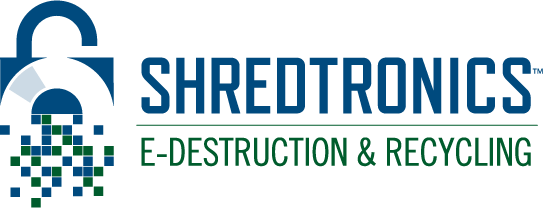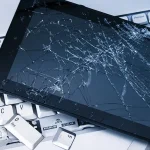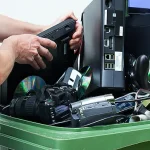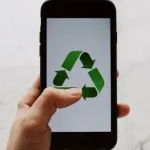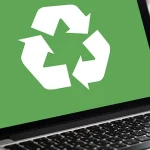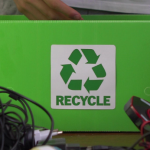The Benefits of Recycling Computers

The benefits of recycling computers span beyond just environmental conservation. Professional recycling services add an important level of security to your disposal process. Simply throwing electronics away leaves you or your business’s information at risk. Computer recycling has the added benefits of being secure, environmentally friendly, compliant, and responsible. ShredTronics matches businesses and residents with the most affordable services for electronics recycling, destruction, and disposal in your area. Our experts spend time determining the best solution for your project–including computer recycling. Why Use Professional Electronics Recycling Services? Environmental and Societal Benefits The environment is a significant collective concern. There are steps that individuals and businesses can take to mitigate waste and responsibly dispose of electronics after the end of their […]
